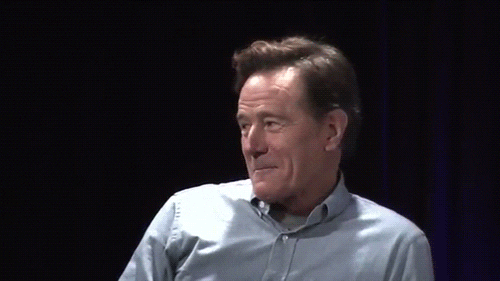What you are celebrating is getting your white coat and taking the oath for the first time. The White Coat Ceremony is not just a celebration. It is a Ceremony. It has real and practical purpose. It is not optional for a reason. You cannot see patients until you have done this.
If we've really lost the moral, ethical, practical understanding of the importance of these symbols, rituals, and more importantly the solemnity of these promises that you are making....
They are the reason that as soon as the next day for some people, they will be a part of other people's lives in ways that no other person can.
-hold a 14 year old girl's hand while she has a rape kit collected, while her parents wait outside
-share the tears of a wife who has just been told her husband is going to die in the next 3 days
-pull the ET tube of son about to take his last breath in front his mother
-be the one to "catch" someone's baby (and not drop it!)
-during surgery run your gloved fingers around the inside of someone's abdomen feeling for cancer
-get a hug from a patient thanking you for saving their life
-basically there is no question denied you to ask in the pursuit of helping someone
Maybe you did or watched some of this as pre-meds. Doesn't matter. Matriculation is a game changer. You're given a white coat and the title to introduce yourself as Student Doctor Douchebag as you do the above things. You are already being given permission to reflect on the rest of us.
Let me say it again, you TAKE AN OATH.
Declaration of Geneva, as currently published by the
World Medical Association[6] reads:
At the time of being admitted as a member of the medical profession:
- I solemnly pledge to consecrate my life to the service of humanity;
- I will give to my teachers the respect and gratitude that is their due;
- I will practice my profession with conscience and dignity;
- The health of my patient will be my first consideration;
- I will respect the secrets that are confided in me, even after the patient has died;
- I will maintain by all the means in my power, the honour and the noble traditions of the medical profession;
- My colleagues will be my sisters and brothers;
- I will not permit considerations of age, disease or disability, creed, ethnic origin, gender, nationality, political affiliation, race, sexual orientation, social standing or any other factor to intervene between my duty and my patient;
- I will maintain the utmost respect for human life;
- I will not use my medical knowledge to violate human rights and civil liberties, even under threat;
- I make these promises solemnly, freely and upon my honor
I don't know, solemnly pledging to consecrate my life to the service of humanity, my conscience, my dignity, honour and noble traditions, my duty, respect for human life, pledging not put human rights and liberties ahead of my own LIFE,
all of these things I take pretty seriously.
Being a professional is a big deal. Matriculation day is the first day that you being practicing your profession. The standard for how you live your life and your legal responsibilities to society change from that day forward.
**** that I thought I was "OK" to do as a pre-med, became forever denied to me after that day, were I live with intregity to my word.
24/7 standard of behavior that only applies to those of you who do this, begins now.


